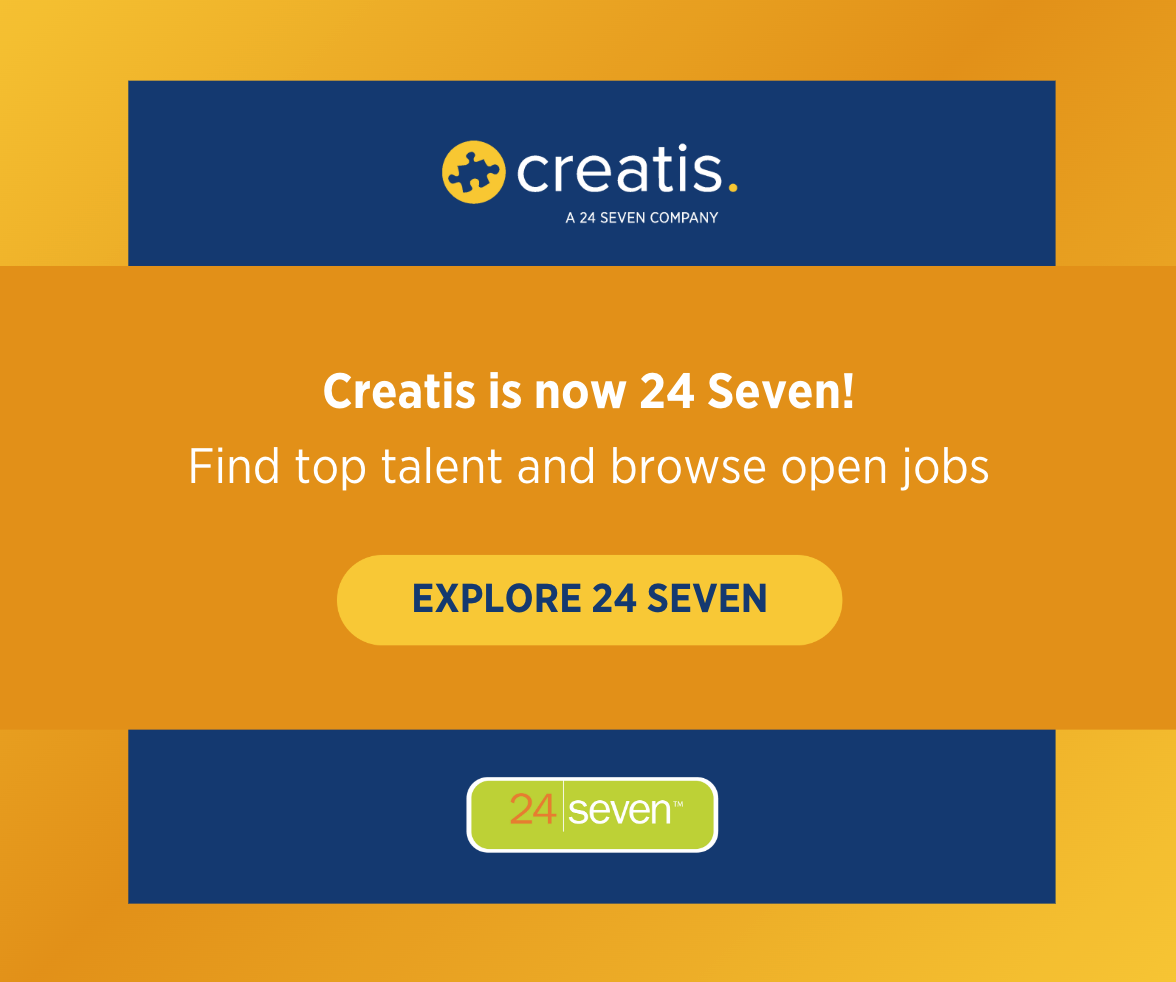Are you using your power wisely?
"Nearly all men can stand adversity, but if you want
to test a man's character - give him power."
- Abraham Lincoln
Earlier this year we went through the season of honoring our historic presidents - and as we are living in very interesting political times I think it serves us well to look back so we can move forward. I expect I wasn't the only person who googled Abraham Lincoln on that 'not-quite-a-holiday-so-we-still-had-to-work" recognition of his birthday, and found a treasure trove of quotes that are still relevant today.
The one that caught my eye is this one on power, as it seems wholly relevant given what is happening today in Washington, Hollywood and apparently many, many boardrooms and organizations across the U.S. (just search #MeToo if you haven't in awhile and you'll see what I mean). But we'll save #MeToo for another blog, as today the focus is on power and the challenge to every leaders to stop and consider - "Are you using your power to move someone forward or to hold someone back?"
In addition to my research on Mr. Lincoln, I googled Power in Leadership and found lots of interesting content around positional versus personal power that really got me thinking. Power is something that gives us the ability to influence or direct other people. Positional power is external to us and relates to the authority granted to us because of our position on the org chart. Personal power is internal and relates to the authority given to us by others, that which is earned based on who you are as a person, your integrity, the respect you show for others and your willingness to roll up your sleeves to help get work done. Job titles and the corresponding positional power are certainly necessary for an organization to function, but that will only get a leader so far and can erode over time. Truly great leaders draw from many sources of power other than just a job title, inspiring others through their respectfulness, likeability, honesty and expertise.
In 1959, social physchologists John French and Bertram Raven identified five bases of power (and later added a sixth) which include: Legitimate, Reward, Coercive and Informational (all forms of Positional Power) plus Expert and Referent (which are forms of Personal Power). Here is my take on how they break these down:
- Legitmate Power - the power tied to your title and position, this type of power is volatile in that it is limited to the situations that other people deem you have the right to control
- Reward Power - the most visible form of positional power as it ties to the ability to provide raises, promotions, training opportunities or even a simple thank you to others; it is rooted in the belief that if you reward someone for doing what you want- there is a high probibility that they will do it especially if the reward has enough perceived value to them
- Coercive Power - often the most abused form of power and the cause of employee dissatisfaction and resentment; this power relates to using threats or punishment to get the behavior you want
- Informational Power - very relevant in today's world of open information and transparency, this power relates to your control over the information that others need or want, and your choice to use information to help others' succeed or as a weapon/bargaining tool against them
- Expert Power - this power relates to having knowledge and skills; being able to understand, analyze problems and find solutions; as a SME (subject matter expert) this power allows you to add value to the organization and to others; it is NOT limited to a job title and can apply to anyone although it is often what 'brings you to the dance' as you move up the leadership ladder
- Referent Power - the hardest earned but the most powerful once received, this power comes from a person liking and respecting another and being willing to follow his/her lead; it is easily abused as somone with high likeability but with low honesty and integrity can do significant harm to an organization
So my challenge today to myself and other individuals who have the privilege to be called a 'leader' - is to ask yourself these questions:
- In the past week - have I used my power wisely for the greater good of our organization?
- Does my scale tip to the positive side given my use of reward and coercive power?
- Am I still considered an expert - and if not, am I focused on constant learning to be the best leader I can be?
- Am I liked AND respected?
If you can answer yes to all of the above, I bet you are an exceptional leader. And it isn't just limited to leaders with an important job title or big office, because we know that anyone is capable of holding power with the ability to influence others. We can all make use of our power wisely for the greater good no matter what role we play or what job title we have on our business card.
Because as Abraham Lincoln would (and did) say, "Whatever you are - be a good one". And I don't think he'd mind if I add, "And be sure to always use your power wisely!"






